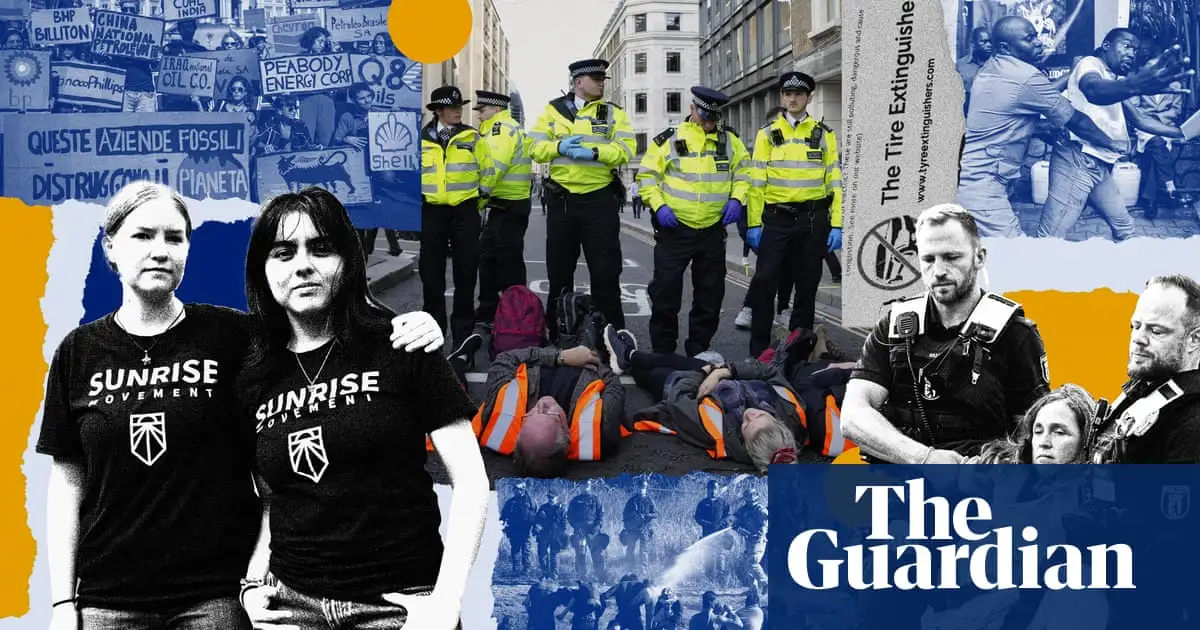deleted by creator
Depends a lot on what you do and in which country.
Protests can serve as social proof that there is widespread support for climate action. This is important, and helps bring more people on board and tell politicians that it’s worth their while.
deleted by creator
I assume this is an evidence-based argument and you can share the research proving this?
It very much depends. Holding up signs and shouting loud really does depend on the MSM, but blockades and other more disruptive forms of protests are a great tool to actually hurt fossil fuels were it hurts the most, in the wallet.
The thing is we need to do two things at the same time. One is to shut down fossil fuels as quickly as possible and for that protests are great solution. The other part is to build up an alternative and for that protests are really not the way to go, as quite frankly the people in power want to stay in power and changing the system, which brought them power is a bad move by them, unless they are absolutly forced to. Much easier to destroy them and replace them, just like fossil fuels.
Authoritarian tactics to suppress protest typically intend to have a chain of effects like this:
- protest will decrease
- those who protest will protect themselves better, legally (in terms of planning and considering how to avoid charges)
- those who protest will protect themselves better, physically (in terms of not being detained and overcoming the police)
- in the second scenario, police will then be able to depict the protests as “violent” and call it an “insurrection”
- consequently, they can press heavier charges against anyone they do manage to detain
- organizing a protest becomes dangerous
- participating in a protest will be perceived as dangerous
- people with families and a job and elderly people will fear to participate
- protest will lose effect due to few participants
- that will prompt some individuals to anonymous protest and actual sabotage
- nobody should want that, yet that’s where the path leads to
The solutions?
- fixing the problematic laws via political process, adding a freedom-of-protest agenda to other goals
- disputing the problematic laws where the legal system allows (appealing to constitutions, conventions and charters)
- bypassing the laws after analysis, protesting in ways that cannot be criminalized
- in rare cases where it’s worthwhile and there is exceptional mass support, just ignoring the laws, because if there’s a million people blocking streets for some reason, cops are powerless
All of that won’t be doable in every country, and in some countries, something else might be doable instead.
governments from Canada and the US to Guatemala and Chile, from India and Tanzania to the UK, Europe and Australia, are cracking down on activists trying to protect the planet.
It’s remarkable that China, Russia, and Iran aren’t the “baddies” in this article. What’s the common thread here?
It seems you already know the answer. Care to elaborate?
i really don’t know, first thing that comes to mind is they don’t already have these laws on the books… but that’s just a guess.
not an expert on these things
Why do they care so much? We all die someday anyway /s




